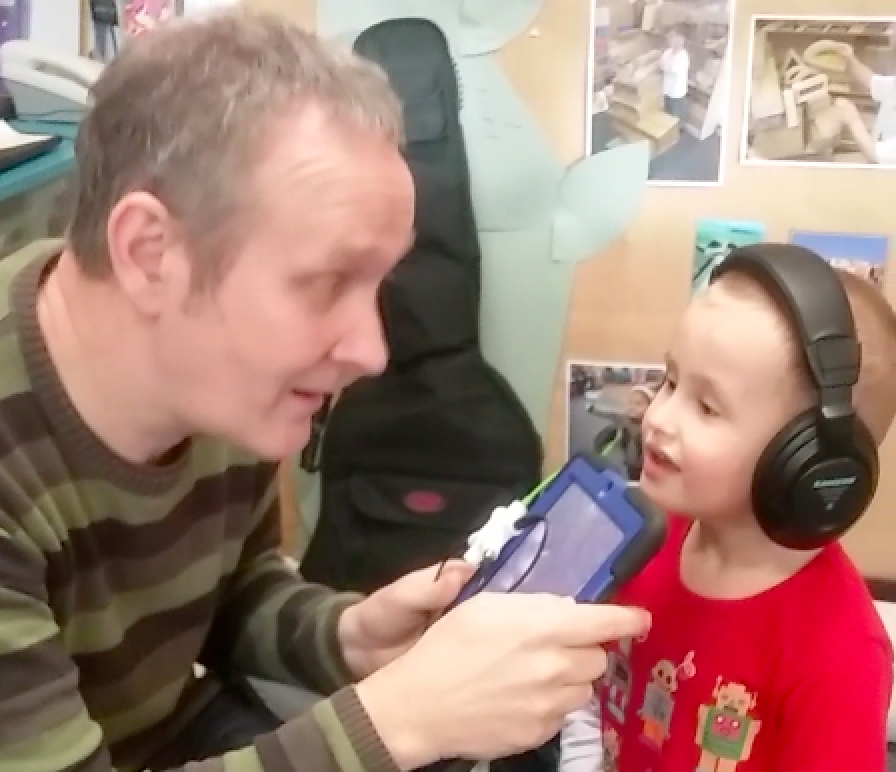Rediscovering The Passion.

This year the world has gone to hell in a handcart and the news seems to be that it's not going to get better any time soon. Now, more than ever, our work is needed and it's important that we nurture the part that feeds our passion to continue.
Do you remember those first projects as a music leader and how new and exciting it felt?
Then as you get more experienced you get more acclimatised to these experiences. Every now and then you are involved in a project that runs deeper and goes further and has more of a lasting impact than the others. It makes you feel like you did when you first started working as a music leader.
I would like to share my thoughts on how to keep this part of your practice alive based on recent experiences.
Early Ears was a two year YM funded project delivered by a partnership of Laboratory Media Education, Future Projects and Suffolk University. We aimed to explore the impact of music technology on the development of 3-4 year olds.
I won't go on about the details of the project as they are here on the new Inspire_Music website as a case study with videos. It is also part of the same subject of my previous post Bahs and Beats.I would much rather talk about how and why it felt so good, compared with other projects.
The key factor that determined the success of the project and made it so rewarding was.
Reflection.
There are many types of reflection.
-
There's the tick box that the project manager or bid/report writer gives you that you fill in as you pack the stuff away or in the van on the way back.
-
There's the boxes of text that get more abbreviated as the project continues as you feel that you are just recording the same thing.
-
Then there's deep reflection, and this is where the treasure is!
Working with a Music Therapist, an early years researcher and a social inclusion charity we realised that we all had different languages, approaches and outcomes/outputs to achieve. The rigorous planning that took place ensured that every session was
-
Measured using a framework ( The music therapy IMTAP tool)
-
Every session was followed by another funded session of reflection and recording data.
-
During reflection sessions, we worked at understanding the data.
This last point was crucial because we were forced to interpret children's behaviour from new perspectives using new tools and approaches. This meant that we started the next sessions with a set of questions in mind. Using numerical values to measure behaviour meant that we regularly all recorded different values for the same child in the same sesion. This led to meaningful discussions on very focused points.
Also written into the bid were regular, funded meetings of all partners.
This might all sound simple and but the key to the success of the project was that all partners had a clear understanding of the importance of the reflection and were genuinely concerned with the whole process. If someone could not make the meeting, they attended on Skype.
The impact of reflection
-
For me as a music leader this process lead to some of the most rewarding work I have ever delivered. We got to hear a boy use his voice for positive expression for the first time in the classroom. (see video on Inspire_Music)
-
For me as a project manager, this deep reflection steered the project meaning that I did not have to keep explaining decisions to partners.
-
For the report writing, we had the enviable problem of having so much data, anecdotal evidence and footage that the work was in finding a way to fit it all in.
-
Lastly there's the fact that with so much learning happening we are still delivering training and presentations about a project that finished many months ago.
For me, I am a born again reflectionist. All of my projects from here on are only taken on, where reflection is at the heart. Reflection keeps us in touch with the reason we do this work.
